
Dimensions of DEI
We're committed to promoting and improving DEI across all facets of our community.
The U-M Medical School Department of Human Genetics supports and participates in several outreach initiatives. Through our work, we're able to empower and educate people of any age, background and level of education. Learn more about our commitments to Diversity, Equity & Inclusion, and view a list of departmental DEI activities below.
The Department of Human Genetics (DHG) enthusiastically welcomes summer research students to the department and our labs. The goals of the DHG Summer Student Program are to enhance and enrich students’ learning experiences and introduce them to the DHG research community here at the University of Michigan. Regardless of the summer program students may be affiliated with (if any), we organize activities that bring all students together, such as weekly lunches where students can hear about our graduate training programs (PhD, MS, Genetic Counseling), learn about the wide range of career paths students with genetics and genomics experience can pursue, meet DHG faculty, get to know our graduate students and discuss cool genetics topics.
Through engaging, hands-on activities presented in a fun, supportive environment, F.E.M.M.E.S. programs encourage students to learn and explore their potential in science, technology, math, and engineering (STEM). Our goal is to promote involvement in STEM by building curiosity and increasing confidence in students' academic skills so they may pursue their dreams without hesitation. Both parents and teachers often comment that after attending F.E.M.M.E.S. events, students become more motivated, participate more in class, and show a greater interest in school.
Each F.E.M.M.E.S. event features a series of experiential learning activities led by the University of Michigan faculty and student volunteers. F.E.M.M.E.S. uses women role models to demonstrate how women can -- and do -- excel in these fields. Our student volunteers' and faculty's genuine passion for their chosen fields inspires young participants at a critical developmental stage.
Although this program is targeted toward girls, it is open to students of any gender identity.
The Department of Human Genetics is excited to introduce the Genetics Immersion Program (GIP), which launched Summer 2022. This program immerses high school students in hands-on genetics research for a period of 6 weeks and provides them with a summer stipend. The goals of the program are to give students an introduction to genetics and genomics, build their problem-solving skills, and allow them to explore their potential as scientists. High school rising juniors and seniors will be matched with Human Genetics graduate student mentors who will guide them on a research project throughout the summer program.
[APRIL 2025]
Michigan DNA Day (MI DNA Day) is an annual event where scientists from the state of Michigan visit local high schools to present interactive, hands-on lessons about genetics, genomics, and biotechnology. MI DNA Day provides a unique opportunity for high school students to meet and interact with early-career scientists, which often clarifies misconceptions of what a scientist looks like and breaks down barriers for students to follow scientific career paths. Scientist ambassadors also discuss their own ongoing research with students and share exciting career opportunities in science and biotechnology. MI DNA Day allows early-career scientists to share their passion for science with students, fostering a spirit of public engagement leading to continued participation in science outreach throughout their careers.
MI DNA Day was founded at the University of Michigan but is looking to expand to all universities and scientific agencies across the state. MI DNA Day takes its name from National DNA Day, which was created to commemorate the completion of the Human Genome Project in 2003 and the discovery of DNA’s double helix in 1953. There are currently six other states with their own DNA Day programs, and we are ecstatic that Michigan is now on that growing list!
SEEK leverages the passion and knowledge of U of M scientists to inspire and teach science to local elementary school students in high-need, low-resource settings.
The Ypsilanti Community School District does not have a dedicated science curriculum in elementary schools despite state-mandated science testing in 5th grade.
SEEK aims to help bridge this gap in access to science education by leveraging the time and knowledge of U of M graduate students and postdoctoral fellows. Through hands-on learning activities and close mentorship, we hope to ignite excitement and curiosity and inspire the next generation of scientists.
Entering its 38th year, the University of Michigan Summer Research Opportunity Program (SROP) is designed for outstanding undergraduate students who are underrepresented in their field of study.
Purpose Statement
In support of Rackham Graduate School’s mission, SROP expands access and opportunity to diverse students and facilitates their preparation as a pathway to doctoral studies at U-M, resulting in increased representation.
Vision Statement
SROP at U-M strives to increase the number of diverse students with unique experiences by supporting their preparation for graduate studies. Through intensive mentorship, active learning, and enrichment activities, SROP fosters a community of scholars who increase social and cultural capital and networking while mastering research skills and knowledge that advances their preparation as candidates for successful graduate study at U-M and success in future careers, increasing representation in professional fields.
Wolverine Pathways seeks to confront the barriers that limit the college and career aspirations of highly motivated students from under-resourced communities. We believe that every student deserves the opportunity to pursue a wide range of professional and academic pathways. Toward this end, we provide free college preparatory enrichment and guidance for 7th through 12th grade students who either:
- live in Detroit
- live within the boundaries of Southfield Public or Ypsilanti Community school districts, or
- attend one of our partner schools in Grand Rapids
Our students and families participate in year-round programming that facilitates their college preparation and academic development. WP scholars are challenged to grow socially and emotionally by joining our community of college-oriented scholars. Our program fosters relationships, both professional and personal, that encourage student academic resilience and achievement and will continue to provide opportunities through college and beyond.
In addition to preparing scholars for college and career success, we also seek to address the economic barriers that limit achievement. All scholars who successfully complete WP and are admitted to U-M Ann Arbor or U-M Dearborn receive a full, four-year tuition scholarship to the university (applied after all applicable federal and state financial aid). If a scholar does not successfully and fully complete the program, there is no financial reward, even if they are later admitted to U-M.
Scholars who take the journey with us will enjoy a range of college and career workshops, cultural experiences, campus connections, and academic opportunities curated especially for them.
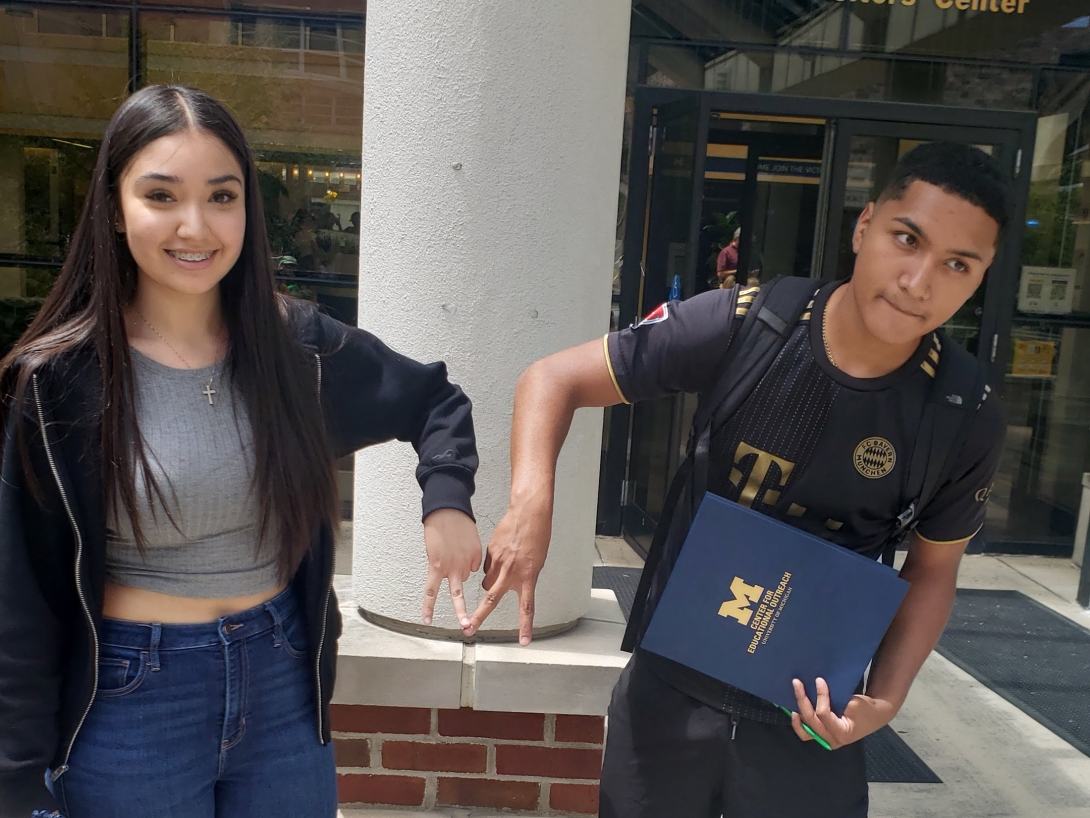
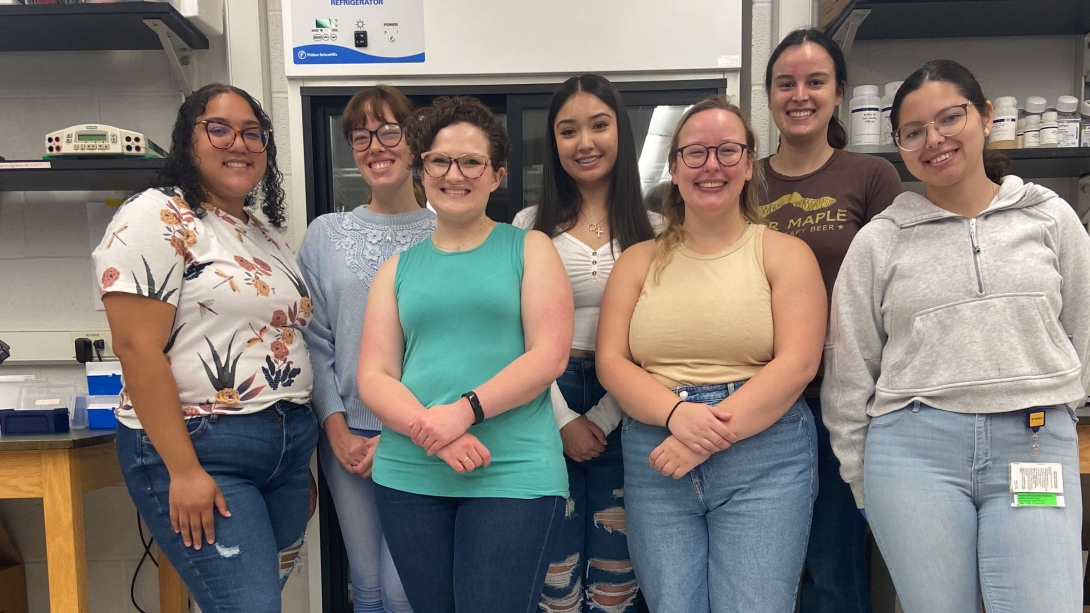
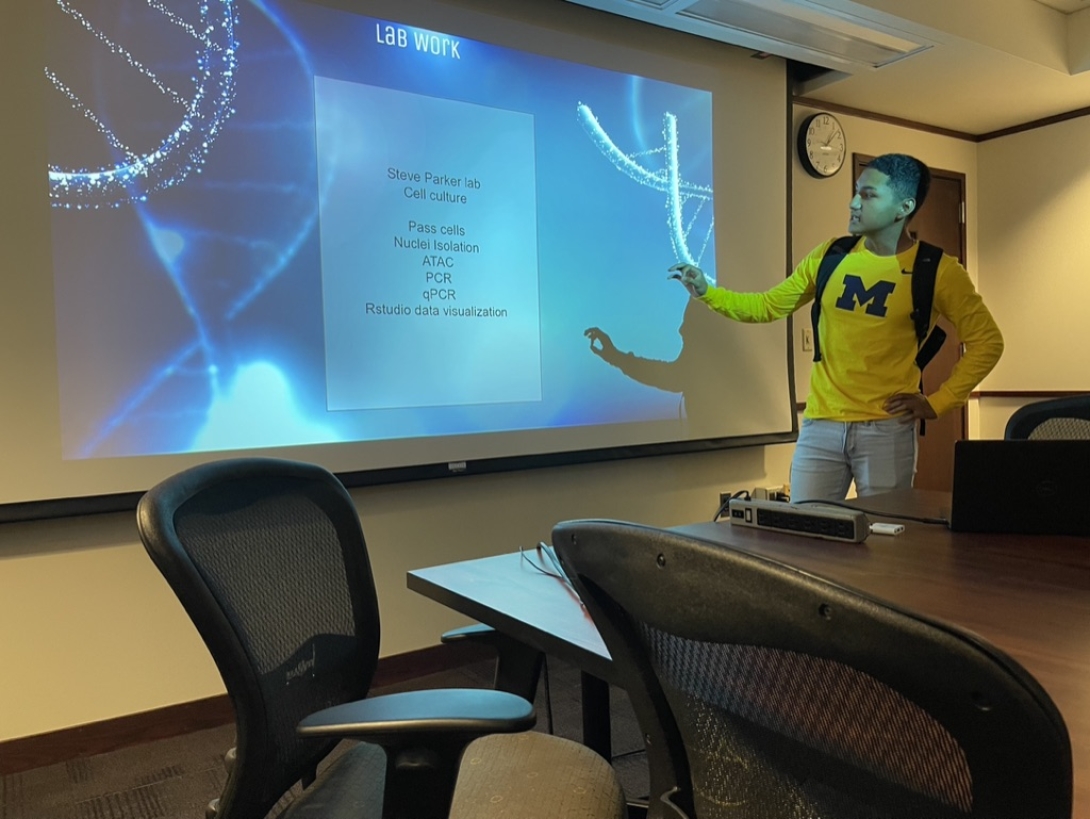
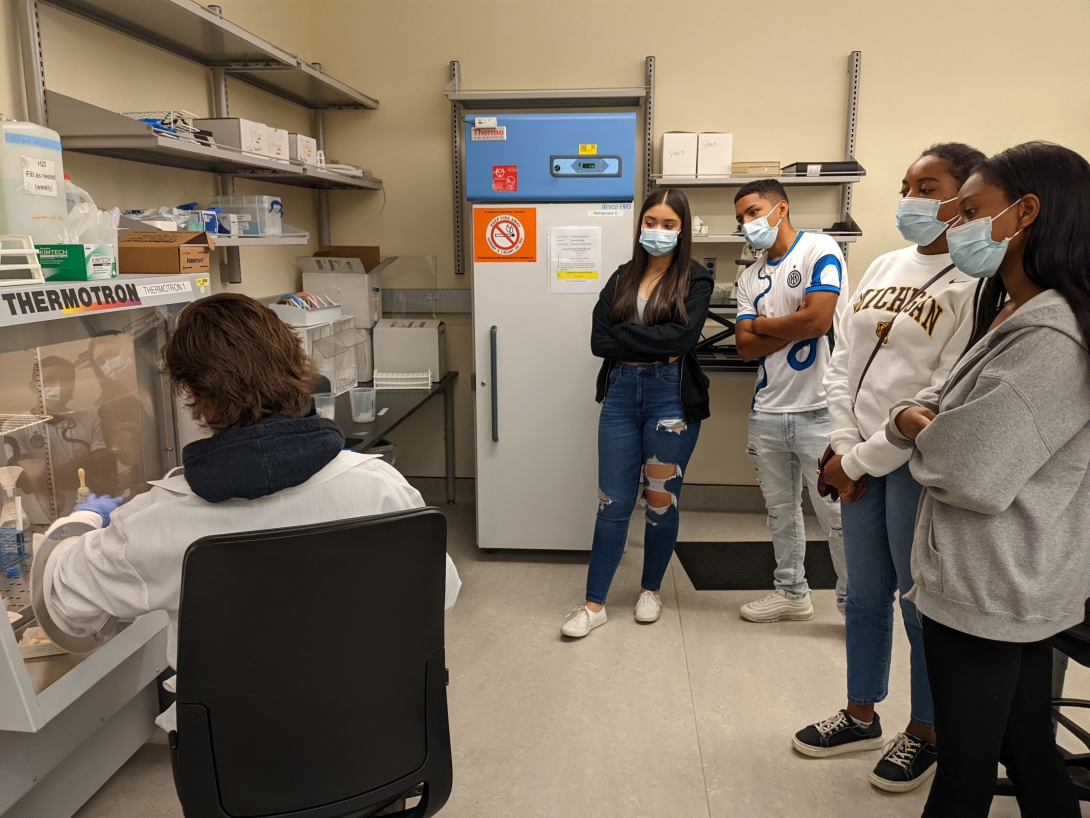
The Department of Human Genetics' (DHG) goals are to improve diversity, equity, and inclusion across all dimensions of the departmental community while cultivating a supportive climate that enhances creativity, collaboration, productivity, and personal satisfaction.
To achieve these objectives, the Associate Chair for Climate (ACC) position has been established. The ACC currently works with three committees dedicated to advancing these goals.
- The Faculty Climate and Wellness Committee and Trainee Climate and Wellness Committee are comprised of faculty and trainees/learners, respectively, who represent a broad range of positions and voices in the department. These committees are focused on assessing the current culture and climate of the DHG, identifying key areas for improvement, developing ideas for addressing issues and bolstering the current climate, and implementing these ideas.
- The Diversity and Outreach Committee is comprised of faculty who are committed to improving equity, inclusion and diversity within the DHG community. The goals of this committee are (1) to develop and implement programs aimed at increasing diversity within the DHG and (2) to ensure that all members of the department are fully supported and help them achieve their career goals.
Contact JoAnn Sekiguchi, PhD if you would like additional information about DEI in the Department of Human Genetics.
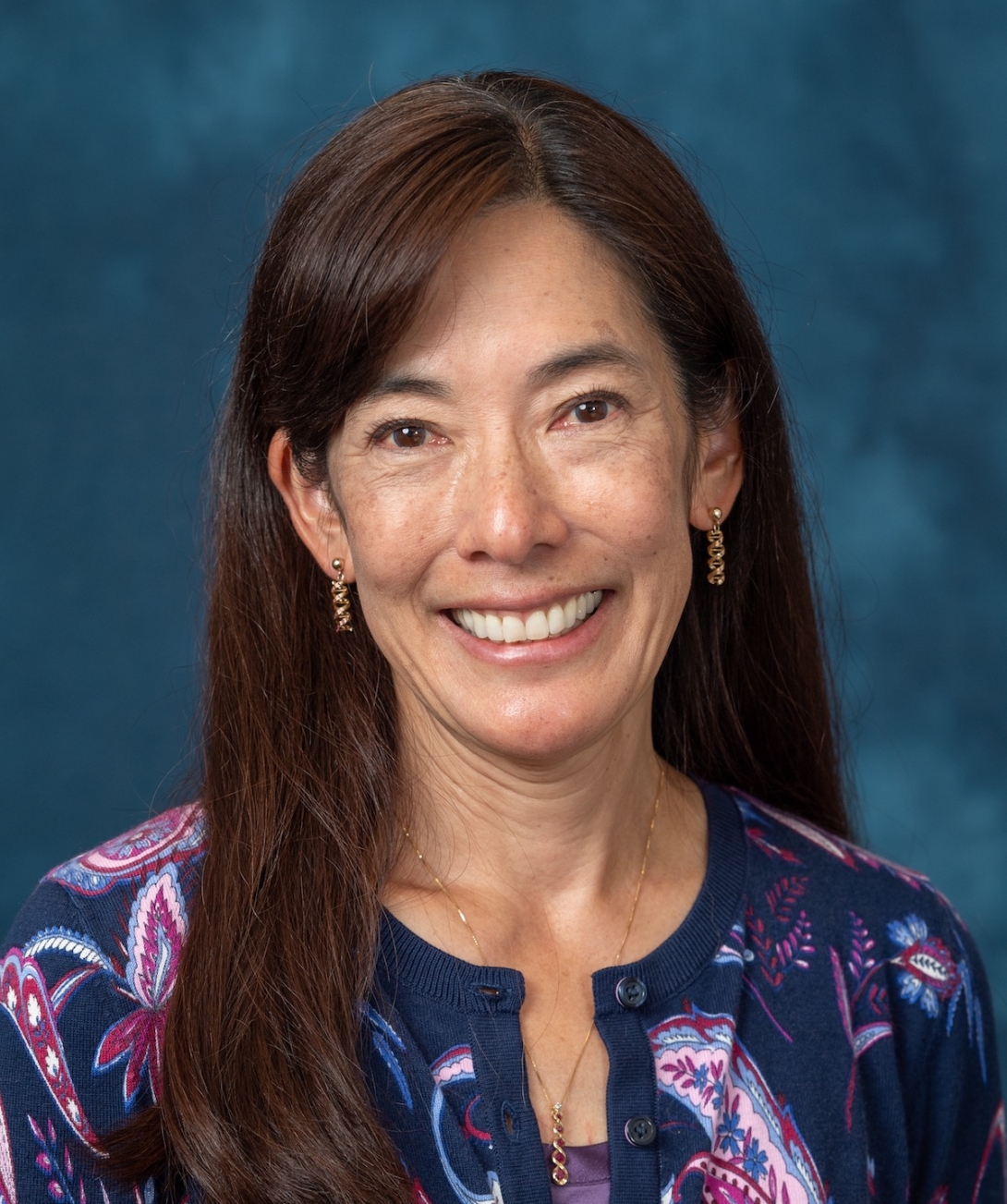
Associate Professor of Human Genetics
Associate Chair
Department of Human Genetics and Program Director
Human Genetics
Check out our newsletter to stay up-to-date on how we're improving diversity, equity and inclusion across multiple dimensions of the departmental community.
We encourage promoting a positive and inclusive community in the Department of Human Genetics. Please fill out our confidential form to share your ideas, give feedback, or report unprofessional and/or in appropriate behavior.
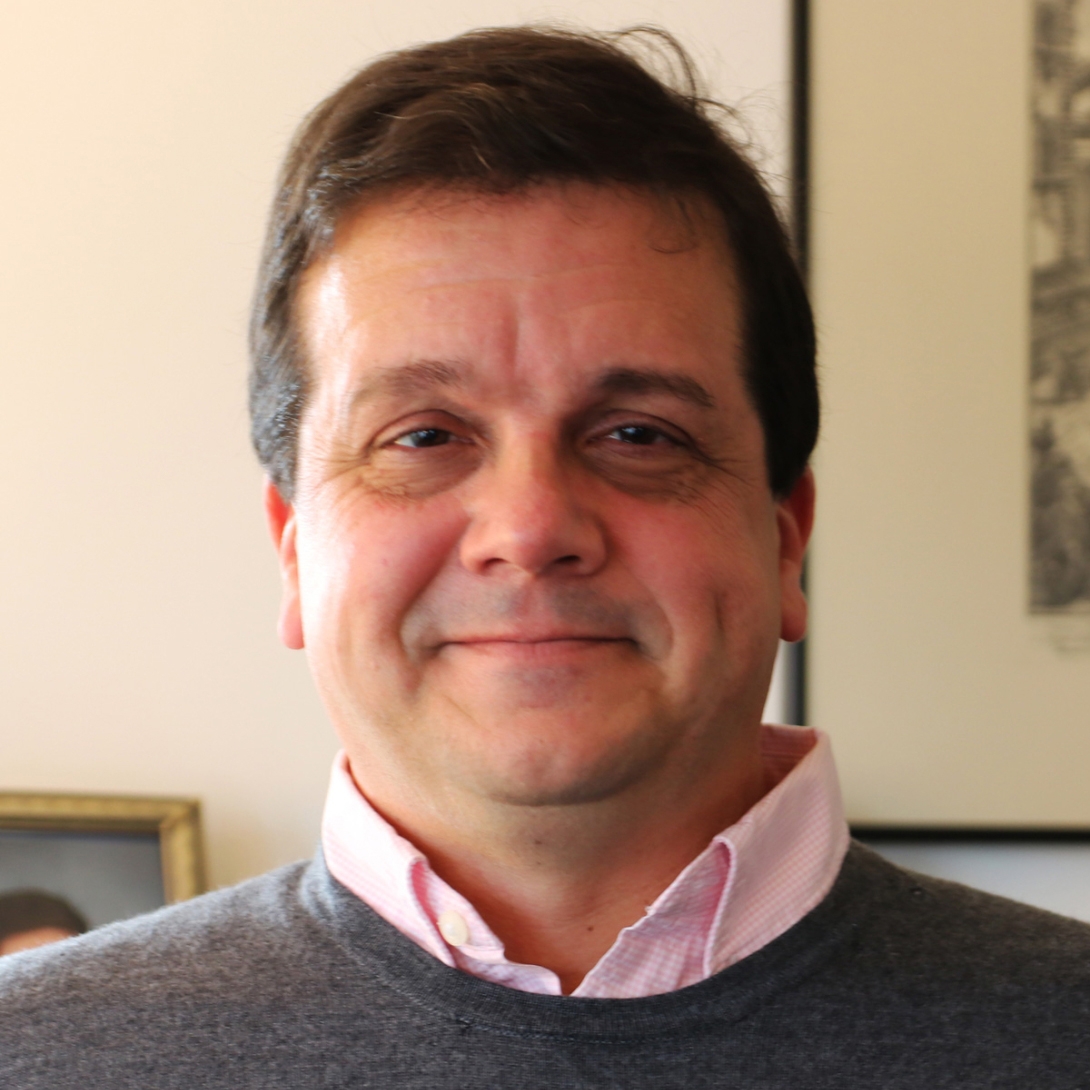
Professor of Human Genetics
Chair, Department of Human Genetics
Professor of Neurology

Associate Professor of Human Genetics
Associate Chair
Department of Human Genetics and Program Director
Human Genetics
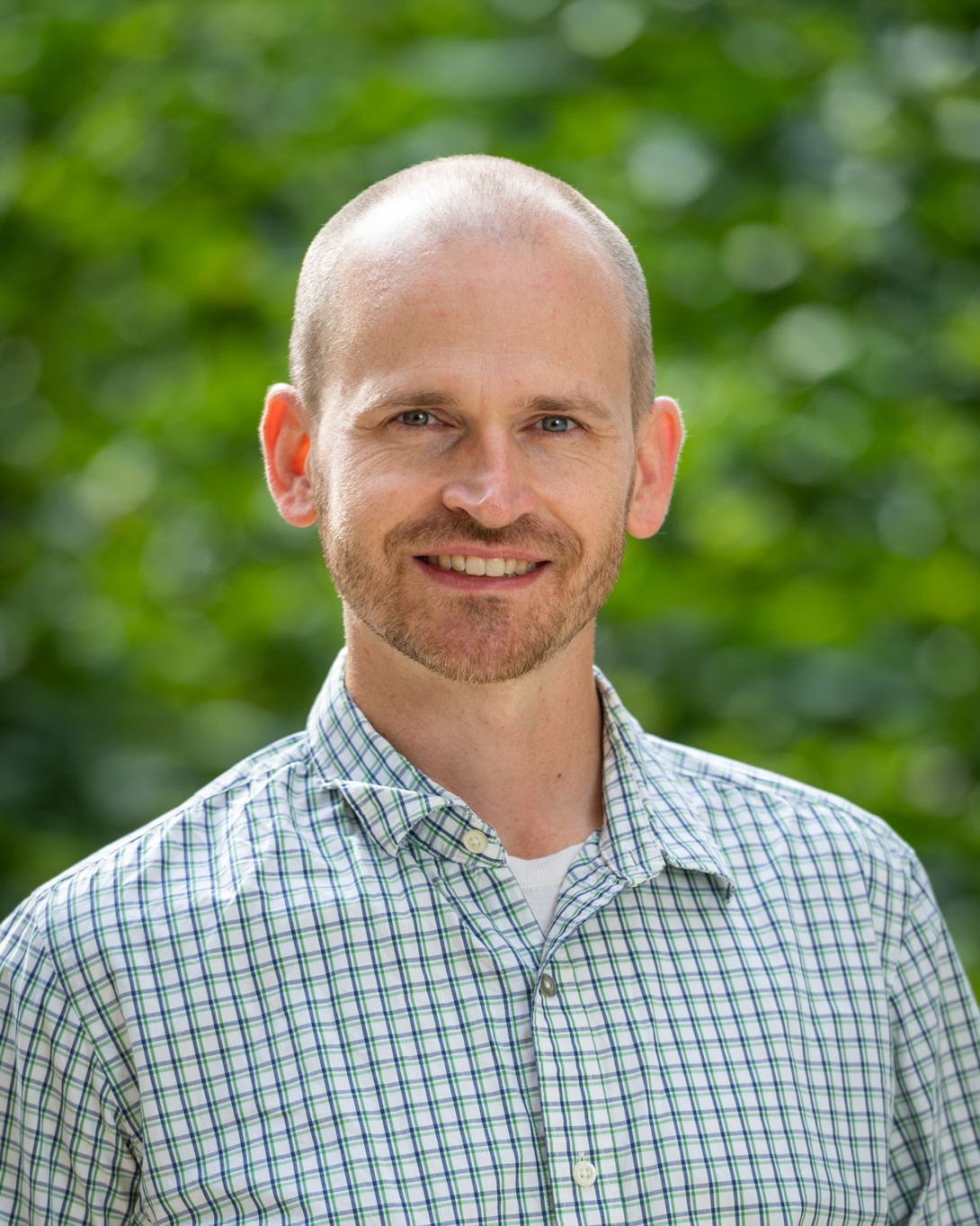
Associate Professor of Computational Medicine and Bioinformatics
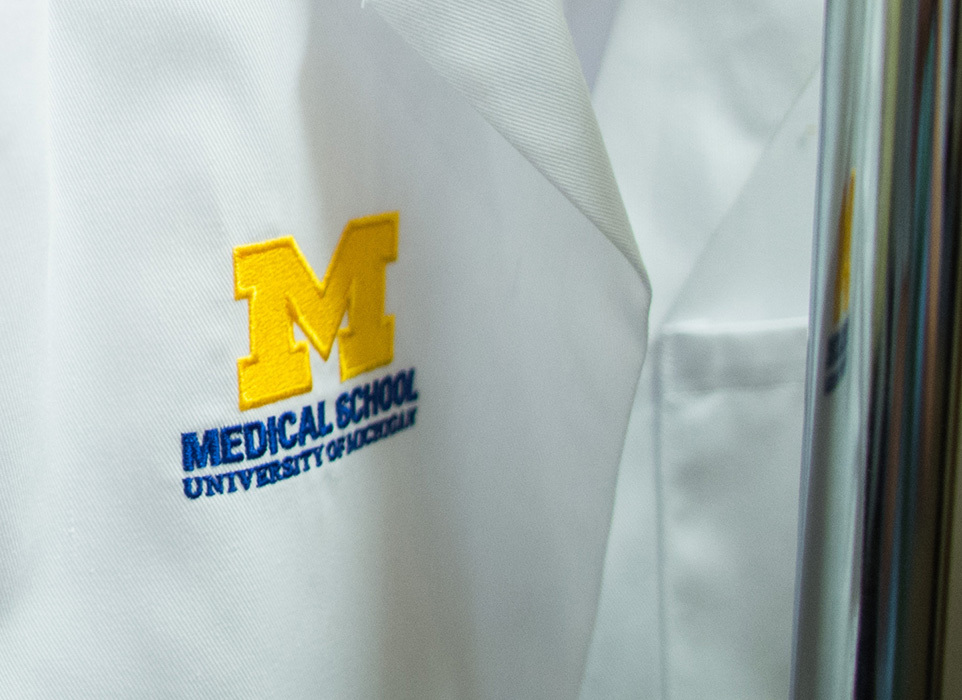
Professor of Computational Medicine and Bioinformatics
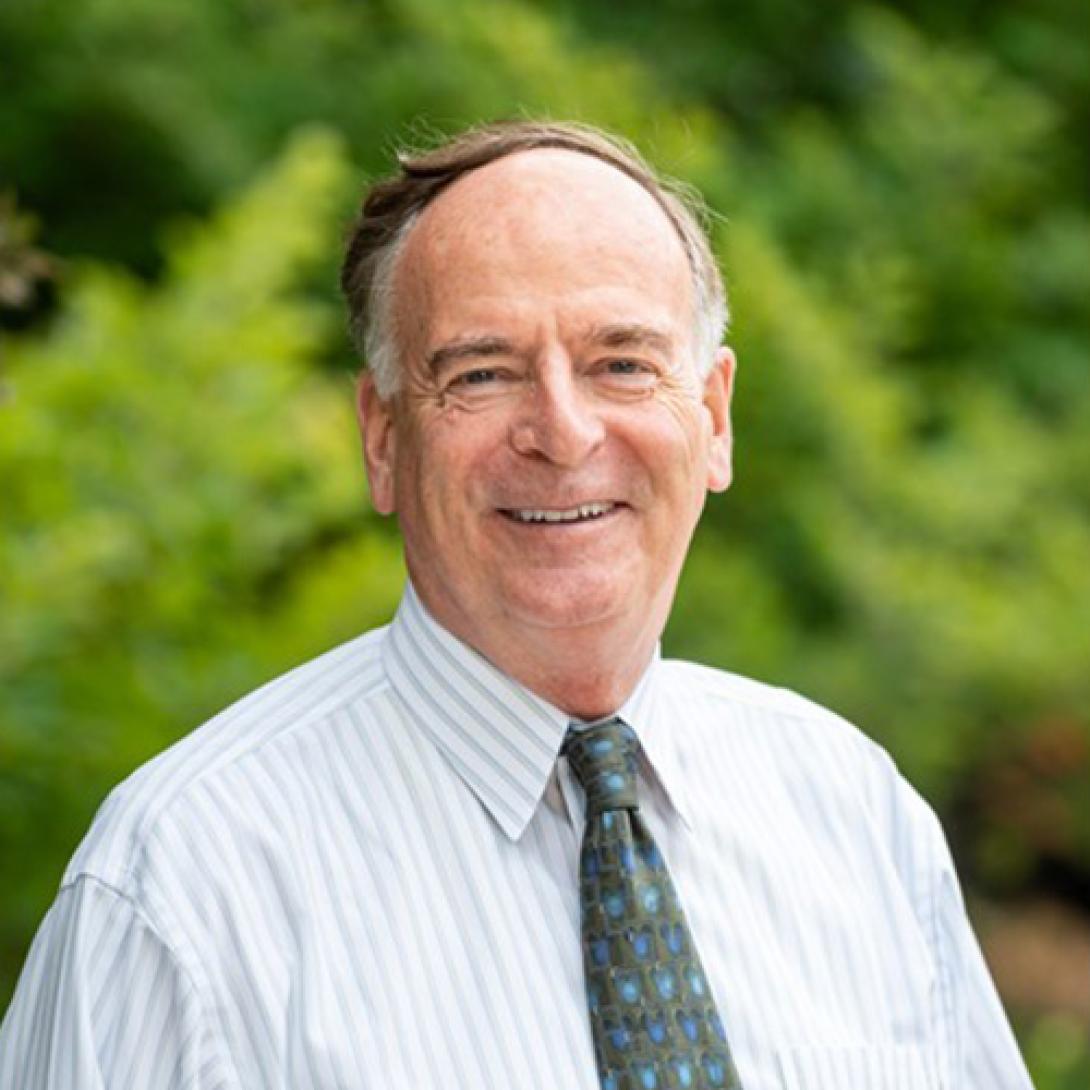
Peter A Ward Distinguished University Professor of Pathology
Endowed Professor of Pathology Research
Professor of Pathology
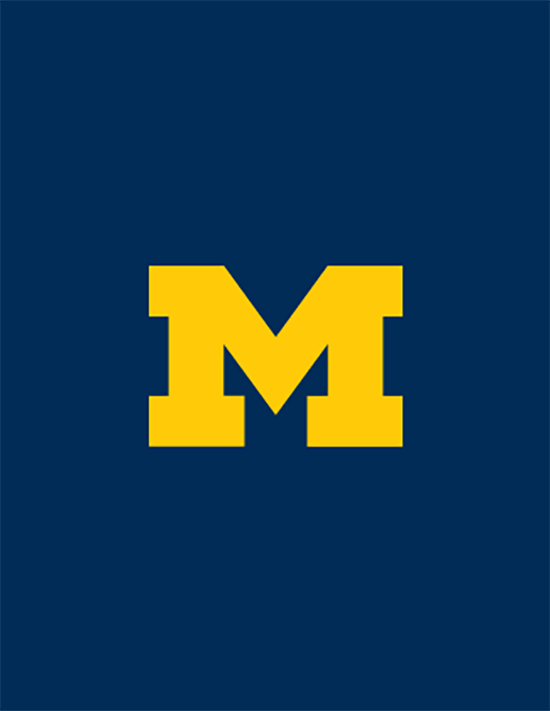
- Ashley Andreae, Student Services Representative | [email protected]
- Mara Duncan (CDB), Non-DHG EBS faculty cognate | [email protected]
- Christina Del Greco, PhD student cohort representative | [email protected]
- Alicia Polak, GCP student cohort representative | [email protected]
- Faith Reger, HG MS student cohort representative | [email protected]
- Shelby Hemker, Postdoc cohort representative | [email protected]
- Lev Prasov, Asst. Prof. faculty cohort representative | [email protected]
- Sue Hammoud, Assoc. Prof. faculty cohort representative | [email protected]
- Beverly Yashar, Full Prof. faculty cohort representative | [email protected]
- Michelle Brinkmeier, Research staff cohort representative | [email protected]
- Shaina Vera, Administrative staff cohort representative | [email protected]
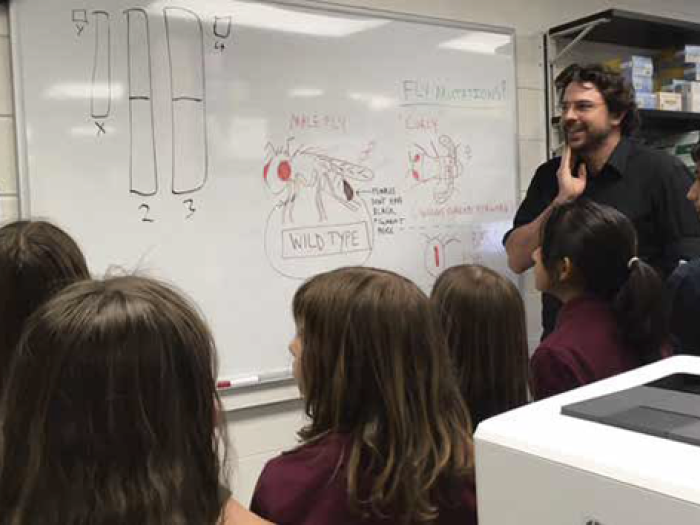
Dr. Jake Mueller teaching the GENEius students about fruitfly genetics
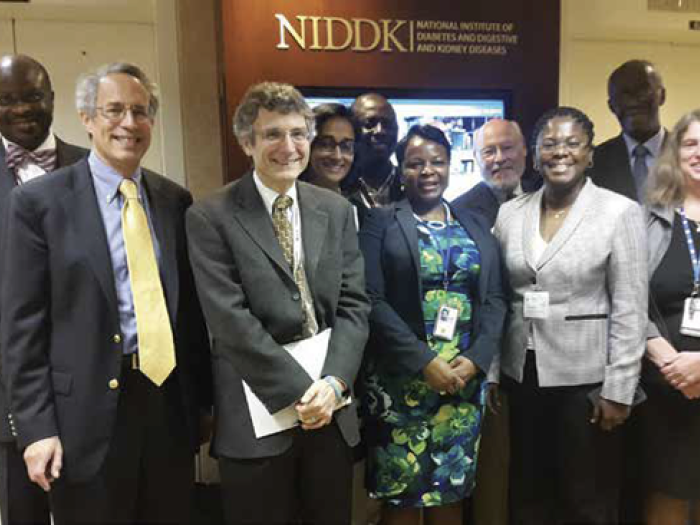
The H3Africa Kidney Disease Research Network team at the National Institute of Diabetes and Digestive and Kidney Diseases